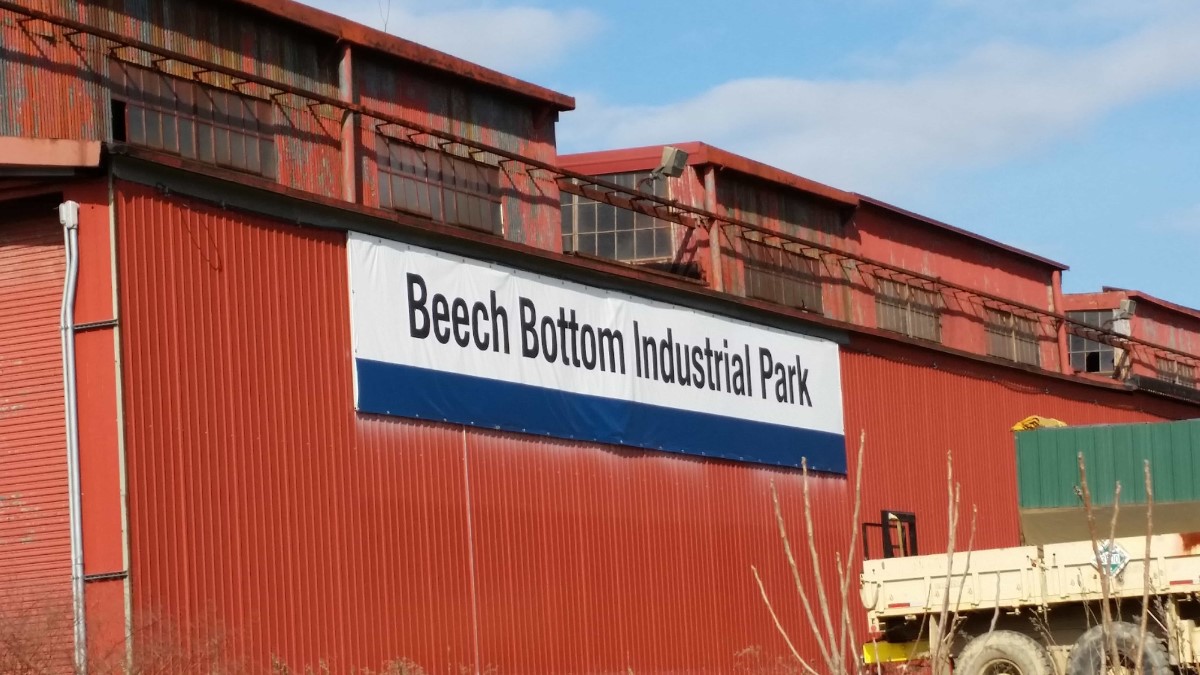During a meeting of the Joint Committee on Economic Development, members of the West Virginia Legislature heard about a number of economic successes in the state, as well as a wish list for the future.
During a meeting of the Joint Committee on Economic Development, members of the West Virginia Legislature heard about a number of economic successes in the state, as well as a wish list for the future.
Mitch Carmichael, the secretary of the West Virginia Department of Economic Development, talked about new projects coming to the state like the Nucor Steel plant in Wayne County. He explained that investments from the $34 million “Close The Deal” fund had brought nearly 1,200 jobs to the state with a net cost of less than $17,000 per job, but more money is needed.
“That is an incredible number when you compare it to what has been done in the past,” Carmichael said. “When you ask what you can do to keep the energy going in terms of economic development and the progress moving, that is a key component to the future of our state in terms of our economic growth. We compete with every other state that has big funds in that account. And when you give us the opportunity to compete on a level playing field, we win.”
Carmichael identified several areas that he believed the state needed to work on to attract more businesses, like broadband, childcare, site locations, and energy.
“Broadband is an issue that we continue to have challenges because of all the success that we’re having in terms of our economic development,” he said. “When you look at a click chart, and you put us on a matrix with all 50 states, we ranked near the bottom.”
Carmichael did say he was confident the state was moving forward however, with world-class mapping of where broadband service is currently located.
“That is the first step to expanding broadband to know where it is currently, and the speeds that are available. So we’ve got that in place,” he said.
When it came to site locations, Carmichael and Economic Development Executive Director Mike Graney said if they had 10 40,000 square foot buildings with 30 foot ceilings, they could fill them all tomorrow. But each of those sites must have environmental surveys, water, sewer, broadband infrastructure, and topography.
Graney noted that the legislature passed a bill for site locations, but it wasn’t funded.
“We’re hoping that you will fund it at the end of the budget year, because it’s very important,” he said.
In response to another question, Graney mentioned another bill for economic development that was left unfunded by the legislature. The funding would be matching money to obtain federal grants.
“The Coalfield Development Advisory Council wasn’t funded,” he said. “We’re at risk of losing millions, hundreds of millions of dollars, we can’t come up with that match. And particularly in counties like Boone, you don’t have the resources to come up with that match.”
Graney said the funding for that initiative should be $100 million.
Other issues discussed in the meeting included affordable housing and energy.
“A large company, you’re gonna bring in 500 or more employees, and affordable housing is coming up and our lack of it here in the state of West Virginia,” Graney said. “Even in the eastern panhandle, they’re delivering condos, townhouses or homes a week, and they’re pre sold.”
Del. Kayla Young noted that in the House Health Committee, during the regular session, the members were told the state had underfunded childcare by about $25 million. Carmichael agreed that childcare was a large problem in the state and one that is part of the reason for the state’s low labor force participation rate. Graney said that every new business that expressed an interest in moving to West Virginia also asked about the renewable energy portfolio. Carmichael said he felt it would be appropriate to advocate for stable energy costs for industry in the face of continually rising costs.
